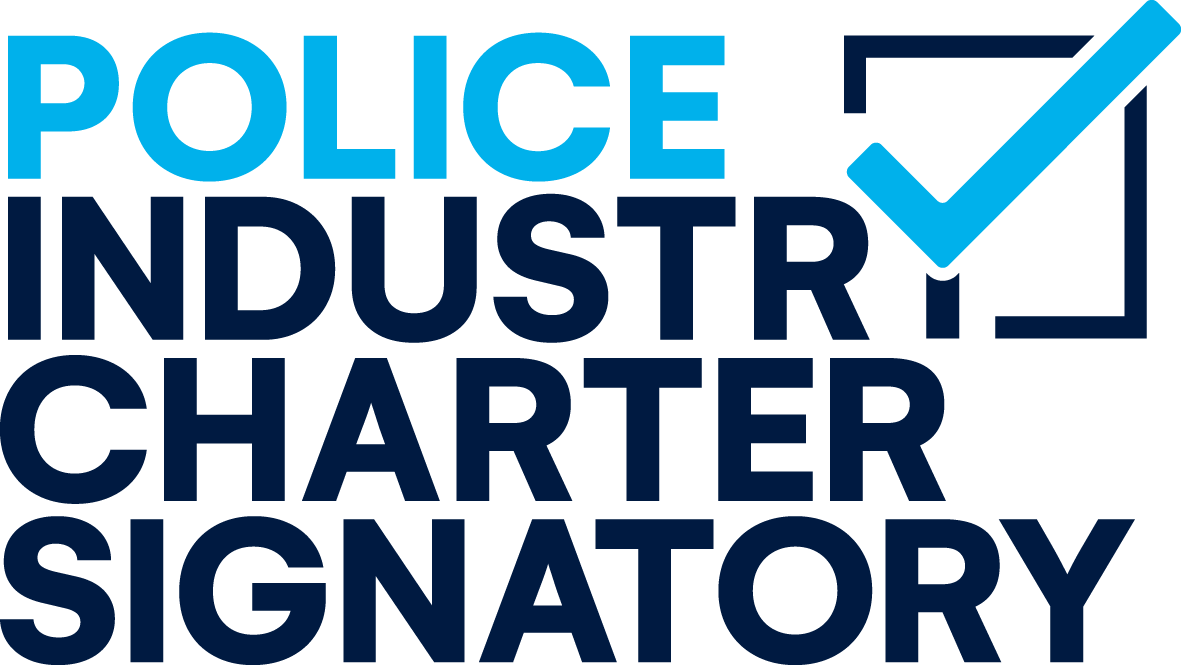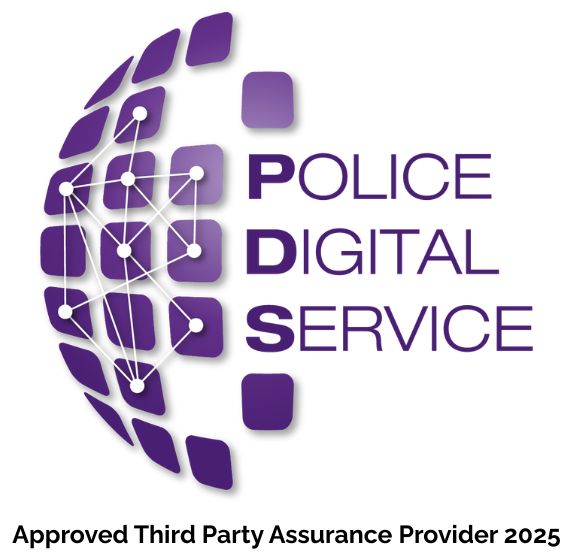
Understanding 4 Different Types of Unconscious Bias
In the complex modern workplace, one often-overlooked aspect that weaves its way into everyday decisions is unconscious bias. Like a subtle undercurrent, it shapes our perceptions, decisions, and interactions, often without us even realising it. Unconscious bias refers to the automatic, unintentional judgements we make about people based on their race, gender, age, or other characteristics. In this article, we’ll review the four areas of unconscious bias: affinity bias, confirmation bias, gender bias, and microaggressions to understand how these biases can impact the workplace.
Definition of Unconscious Bias
Imperial College London defines unconscious bias as, ‘our brain automatically making quick judgements and assessments. They are influenced by our background, personal experiences, societal stereotypes and cultural context.’
Affinity Bias
Imagine stepping into a room full of strangers; who do you gravitate towards first? Affinity bias is the gravitational force that pulls us towards those who are similar to us in terms of background, experiences, or interests. It’s that unconscious inclination to feel more comfortable and connected with individuals who share similarities. While this bias can nurture unity and collaboration within a team, it also has the potential to exclude and marginalise those who don’t fit the established mould.
In the workplace, affinity bias may manifest in hiring decisions, team assignments, and promotions. Colleagues who share similar backgrounds may be favoured, unintentionally excluding diversity and limiting those that can offer a different perspective. Mitigating affinity bias requires an awareness of our preferences and consciously striving for inclusivity in our professional relationships.
Confirmation Bias
Confirmation bias is the tendency to interpret information in a way that confirms our pre-existing beliefs. Picture this: you’re in a meeting, and someone proposes an idea that aligns with your viewpoint. You’re more likely to embrace it without disagreement. On the contrary, if an idea challenges your existing views, you might be more likely to dismiss it or find faults. In the workplace, confirmation bias can lead to narrow decision-making processes, restricting innovation and hindering diverse perspectives.
To combat confirmation bias, promoting a culture that encourages open dialogue and varying opinions is crucial. Actively seeking out alternative viewpoints and challenging one’s assumptions can help avert confirmation bias, allowing for more thoughtful decision-making processes within the workplace.
Gender Bias
One of the most prevalent forms of unconscious bias is gender bias. Despite advancements in workplace equality, subtle biases persist, influencing how individuals are perceived and treated based on their gender. Stereotypes and expectations surrounding masculinity and femininity can seep into hiring decisions, performance evaluations, and opportunities for advancement. As discussed by Built In, gender bias could include, ‘Biased recruiting strategies (i.e. preferring to respond to job candidates with traditionally masculine names). Unequal compensation based on gender. Stigma associated with working parents and taking parental leave.’
Addressing gender bias requires a comprehensive approach. This includes implementing policies that promote equal opportunities, raising awareness about ingrained stereotypes, and adopting an inclusive environment where everyone feels empowered regardless of their gender. Initiatives like mentorship programmes and leadership training can also play a pivotal role in breaking down gender biases, facilitating a fair workplace.
Microaggressions
Microaggressions are subtle, often unintentional, verbal or non-verbal slights that marginalise individuals based on their race, gender, or other characteristics. These small acts can create a hostile and unwelcoming environment, contributing to a toxic workplace culture. Microaggressions can range from seemingly harmless comments to more overt behaviour, each carrying the potential to damage morale and hinder professional growth.
Combatting microaggressions involves fostering an environment where individuals feel comfortable addressing and reporting such incidents. Promoting diversity and inclusion training can raise awareness about the impact of microaggressions, encouraging empathy and understanding among colleagues. By creating a workplace culture that values respect and inclusivity, organisations can undo any damage caused by microaggressions.
Insights into the Impact of Unconscious Bias on Decision-Making
These 4 types of unconscious bias aren’t just theoretical concepts. They’re out there, influencing real decisions in the workplace. Hiring someone because they share your taste in podcasts might sound harmless, but it can lead to an identical team lacking diverse perspectives.
Confirmation bias can turn decision-making into a bit of an echo chamber. If everyone’s just nodding along with your ideas, where’s the room for innovation? It’s like trying to solve a Rubik’s Cube with only one colour – you’re missing out on the whole picture.
Gender bias is like a silent movie that still plays in many workplaces. Women might be steered away from leadership roles, or men might shy away from expressing vulnerability. The result? Untapped potential, unfulfilled promises, and a workplace that’s not geared towards progression.
And microaggressions? Although you may perceive comments as harmless and innocent, they can in fact be causing damage to employees, resulting in low morale and lack of motivation.
Preventing and Detecting Unconscious Bias
There are many approaches to recognising and preventing unconscious bias from impacting the workplace.
Firstly, you can conduct regular training sessions for employees to raise awareness about unconscious bias, its impact, and how to mitigate it. These sessions can include scenarios, case studies, and interactive discussions to help employees recognise and address their biases.
From an HR perspective, you can implement policies and procedures to ensure diversity in the hiring process. This includes using diverse interview panels, standardised criteria for evaluating candidates, and implementing blind resume reviews to focus solely on qualifications. In the meantime, review company policies, procedures, and practices to identify and address any biases. This includes performance evaluations, promotions, and allocation of resources.
Finally, you can promote transparency in decision-making processes and hold managers and leaders accountable for addressing bias. Encourage open dialogue and feedback to address concerns and improve processes. Leadership plays a crucial role in setting the tone for the company culture. Leaders should demonstrate a commitment to diversity and inclusion through their actions, decisions, and communication.
Recognising Unconscious Bias
Unconscious bias often finds itself in the workplace, influencing decisions, relationships, and opportunities. Recognising and addressing biases like affinity bias, confirmation bias, gender bias, and microaggressions is crucial for creating an inclusive and diverse organisation. As we attempt to understand the complexities of the modern workplace, realising the impact of unconscious bias is not just a professional need but a moral one, ensuring that every individual has an equal chance to thrive.
If you’re interested in training courses concerning unconscious bias or workforce inclusion, learn more about Issured Track and the training we offer today.
Recent Posts
How can businesses truly embrace diversity and inclusion if they're overlooking a valuable group of individuals? Despite the growing awareness [...]
Creating an inclusive environment where everyone can thrive is necessary for employee satisfaction, productivity and retention. This is especially true [...]
Welcome to the world of soft skills, the secret ingredients that transform good managers into great leaders. These skills help [...]















